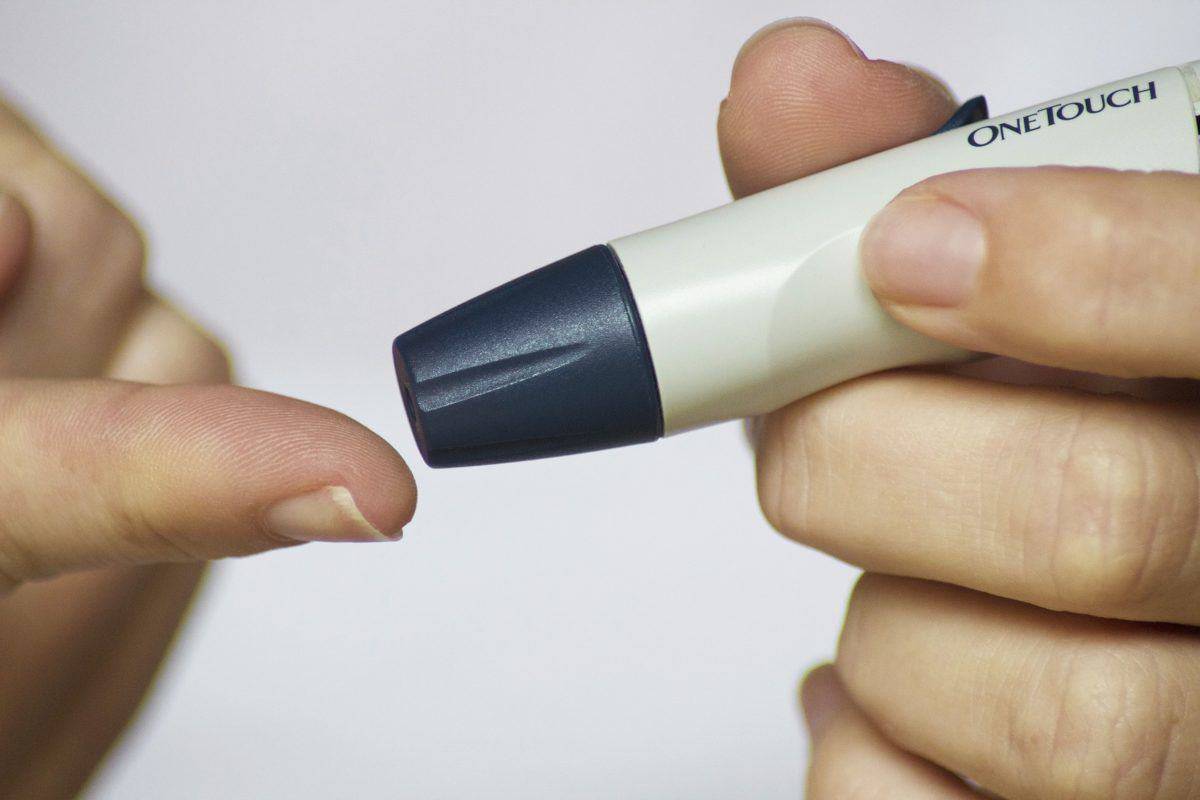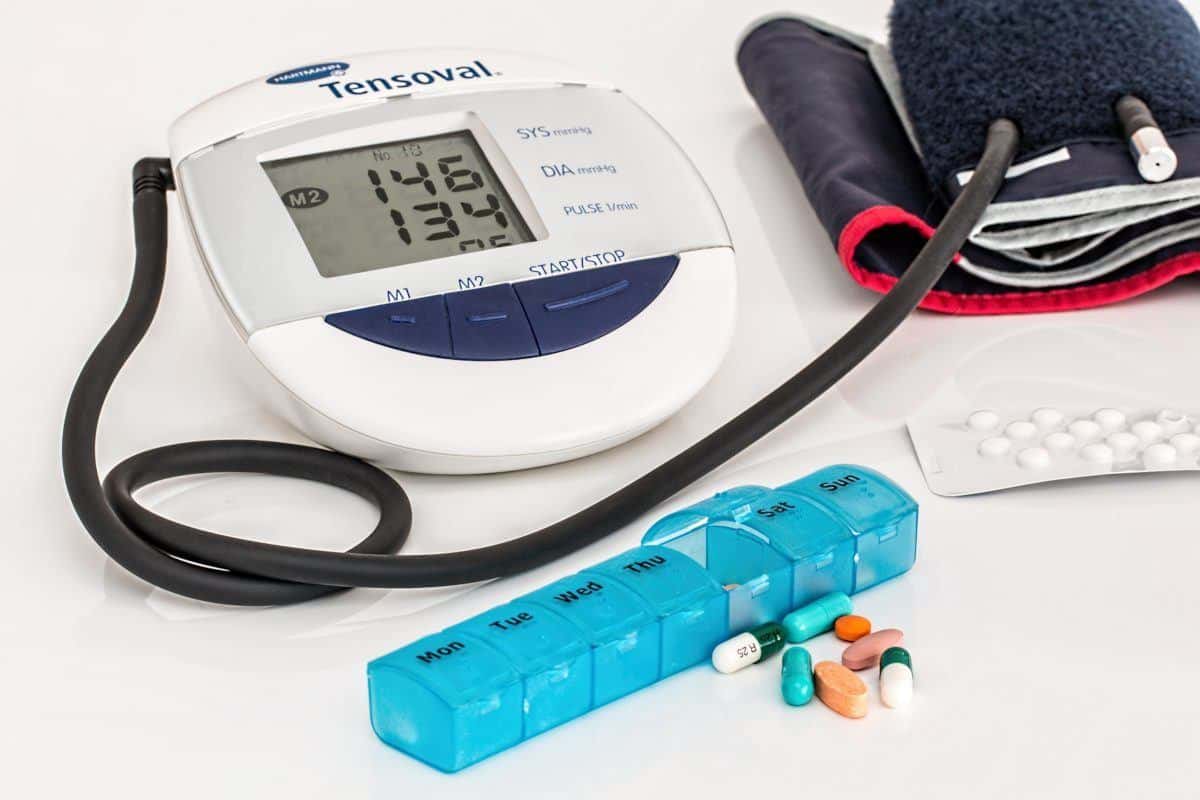Yogurt is made by fermenting milk, which becomes thick and creamy and is packed with nutritious probiotics. Yogurt is a fantastic source of protein, carbs, fats, vitamins and minerals and is considered a superfood.
Some of the benefits of probiotics in yogurt include aiding healthy digestion, enhancing the immune system and helping to regulate mood. Adding yogurt to your diet is a healthy way to introduce extra "good" bacteria to your diet you might otherwise be missing.

The history of yogurt can be traced way back to over 6,000 years where milk was fermented to preserve milk in Central Asia. The word “yogurt” originates from Turkey. The creamy texture of yogurt and its several uses made it a very valued food in the olden days. Usually, fresh milk was carried in the stomach lining of animals. It was believed that the climate along with the healthy bacteria present in the stomach lining caused the milk to ferment and form yogurt.
However, today, the yogurt making process is quite different. The milk is heated to very high temperatures, where the bacteria in the milk are killed. This process is called pasteurization. Then, a “starter culture” containing live bacteria is introduced to the milk and it is then let to ferment for many hours till you get thick, creamy and tart yogurt.
While yogurt can be made from goat or sheep milk, the traditional way of making yogurt from cow’s milk is most popular and is among the most consumed fermented products in the world. Consuming yogurt has many health and nutritional benefits.
Table of Contents
- What Is Probiotic Yogurt?
- Benefits of Probiotic Yogurt
- Benefits of Probiotic Yogurt on GI Health
- Aids Healthy Digestion
- Reduces the Incidence of Type-2 Diabetes
- Reduces the Risk of Colorectal Cancer
- Can Help to Prevent Osteoporosis
- Helps in Weight Loss
- Helps to Prevent Obesity and Helps in Weight Management
- Enhances the Immune System
- Helps to Reduce Blood Pressure
- Helps to Reduce Bad Cholesterol
- Helps to Regulate Moods
- Can Help to Treat Mental Illnesses and Chronic Pain
- Nutrition Facts of Probiotic Yogurt
- Other Uses of Probiotic Yogurt
What Is Probiotic Yogurt?
“Probiotic” stands “for life” from its Latin and Greek etymology and probiotics are essentially friendly and helpful bacteria. Probiotic yogurt contains several live bacterial cultures that offer health benefits such as supporting good gut health, maintaining the proper balance of the gut microbiota and the optimal functioning of your digestive system and the entire body.

All yogurts contain active bacterial cultures, but they may not really contain beneficial bacteria. Some specific manufacturers and brands specialize in the production of probiotic yogurt, which is considered a much healthier option compared to regular yogurt. Probiotic yogurt contains live bacterial strains, some of which are Lactobacillus acidophilus, Lactobacillus casei, Lactobacillus bulgaricus and Streptococcus thermophiles. Consuming probiotic yogurt helps to increase the probiotic balance in your gut and is also an excellent source of plenty of other beneficial nutrients.
Just like traditional yogurt, even probiotic yogurt is made when bacterial cultures are added to milk. This causes the lactose in the milk to be converted to lactic acid providing the thickness and the familiar tang of yogurt. Greek yogurt is also a probiotic yogurt; however, it is much thicker than regular yogurt as it has most of the lactose and liquid whey strained out.
Benefits of Probiotic Yogurt
So, why is probiotic yogurt nutritious and good for health? Apart from the “gut-friendly” bacteria present in probiotic yogurt, it is also an excellent source of calcium, protein, magnesium, potassium, zinc and vitamins C, B12 and B2. According to a study in nutrition research, the intake of yogurt was associated with healthier blood pressure, metabolic profiles, improved triglyceride levels and good overall diet quality in the participants. And, in this article, we will be discussing some of the health benefits of yogurt with probiotics.
Benefits of Probiotic Yogurt on GI Health
Probiotics are shown to have several advantages for gastrointestinal health. It is shown to reduce the length of time of acute pediatric diarrhea, reduce the symptoms that are associated with taking antibiotics, help to manage the symptoms of IBS, reduces the risk of relapses of ulcerative colitis and lessen the crying time of infants suffering from colic. Some types of probiotics prevent the growth of the bacteria, Helicobacter pylori which grow in the stomach and cause stomach ulcers and stomach cancer.

Several studies have revealed the positive effects that probiotics have on reducing the duration and severity of diarrhea. It has been found that lactobacillus is an effective and safe treatment for acute diarrhea in children. Several studies have revealed that probiotics can help to reduce diarrhea that is caused by taking antibiotics both in children, as well as adults. In fact, many doctors recommend yogurt with probiotic daily when you are having a course of antibiotics to prevent the occurrence of diarrhea.
Aids Healthy Digestion
The “good” bacteria present in the probiotic yogurt help to improve the gut microflora that is not only responsible for digestion but for a healthy digestive tract too. The active bacteria cultures can help with some gastrointestinal ailments such as IBS, diarrhea, constipation, lactose intolerance and colon cancer. Yogurt helps and soothes the digestive tract of those suffering from lactose intolerance and does not cause digestive problems.
Reduces the Incidence of Type-2 Diabetes
A study revealed that consuming higher amounts of probiotic yogurt is associated directly with the reduced risk of incidence of type-2 diabetes. Yogurt enhances digestion and also the absorption of nutrients by the digestive tract, which is extremely essential for the healthy regulation of sugar.

Reduces the Risk of Colorectal Cancer
In a research study published in the International Journal of Cancer, it was revealed that yogurt has protective effects and the consumption of yogurt reduced the risk of colorectal cancer. The reason for this is that the digestive tract is healthier because of the presence of healthy bacteria in probiotic yogurt.
Can Help to Prevent Osteoporosis
Proper nutrition plays a key role in the prevention, as well as the treatment of osteoporosis and the most important micronutrients required are vitamin D and calcium. Around 400 IU of vitamin D is considered adequate for good skeletal health for people between 51 and 70 years; although, for overall health, a higher vitamin D level may be better. Yogurt is high in calcium and several yogurts are fortified with vitamin D. And, having probiotic yogurt can help to increase bone density and prevent the occurrence of osteoporosis.
Helps in Weight Loss
According to a study, consuming yogurt can help to shed fat. The study revealed that consuming around 3- to 6-ounce servings of yogurt in a day for a period of 12 weeks can double the amount of fat loss compared to the other group. The group which consumed yogurt with probiotics and additional calcium in order to reach 1,100 mg lost around 61% more body fat. The study showed that people lost more weight and fat from the waist and belly areas.

Helps to Prevent Obesity and Helps in Weight Management
There is an increasing amount of evidence that reveals that the microbiota of the gut plays a very important role in the development of insulin resistance, obesity and inflammation related to obesity. The changes in the gut microbiota are linked to obesity and there are many studies which can differentiate between the microbiota in people who are lean and individuals who are obese. And, consumption of probiotic yogurt has shown great promise in weight management and prevention of obesity.
Enhances the Immune System
Research shows that the probiotics present in products like yogurt and other fermented dairy products can help to improve the gut’s mucosal immune system by increasing the number of cells producing cytokine in the intestine. Supplementation with probiotics in infants can help to prevent any immune-related diseases in one’s childhood. In another study, when probiotics were added to infant formula, there was a significant decrease in the days that the infants had fever, reduction in clinic visits, antibiotic prescriptions and absences from child care.

In adults, the probiotics present in the yogurt helped to keep the gut free of any bacteria causing diseases. In a placebo-controlled randomized study which was conducted in Sweden, the workers who were taking the placebo showed twice the number of sick days compared to those who were taking the probiotics.
Helps to Reduce Blood Pressure
Yogurt contains over 600 mg of potassium for every 8 ounces and there have been several studies that show the reduction of blood pressure with intake of potassium. Potassium helps to decrease the reabsorption of sodium and influences the cell function of the nervous system, thereby, reducing blood pressure and improving heart health. A Harvard School of Public Health study revealed that people who consumed 2-3 servings of low-fat dairy show a 50% reduced risk of developing high blood pressure. So, if you suffer from high blood pressure or want to maintain healthy blood pressure levels, then it is a good idea to have probiotic yogurt every day.
Helps to Reduce Bad Cholesterol
The live and active probiotics present in yogurt such as Lactobacillus acidophilus help to decrease cholesterol levels significantly. In a study, researchers saw that there was a 2.4% reduction in serum cholesterol in participants consuming probiotic yogurt. Researchers believe that the risk of heart disease can be reduced by 6% to 10% by consuming probiotic yogurt regularly.

Helps to Regulate Moods
While probiotics in the yogurt have positive effects on your digestive tract’s health and blood sugar levels, your gut health is related to your mood directly. In a research study, the brain scans of women were studied during and after the research and it was found that women who consumed probiotic yogurt regularly (2 servings of yogurt daily for a period of 4 weeks) showed less anxiety and a greater control over their emotions when they were introduced to emotional events.
Can Help to Treat Mental Illnesses and Chronic Pain
In the study where researchers studied the effect of probiotics on the mood regulation, they also noted that probiotics can help in the case of Alzheimer’s disease, Parkinson’s, autism and chronic pain.
Nutrition Facts of Probiotic Yogurt
Probiotic yogurt can be considered as a complete food as it contains a wide range of nutrients and the right balance of carbs, protein and fats. It also contains protein, calcium, magnesium, potassium, zinc, phosphorus, pantothenic acid, riboflavin and vitamins C and B12. Just a serving of yogurt provides over 50% of the DV (daily value) of calcium and over 25% of the DV of protein.

Yogurt is an excellent source of CLA (conjugated linoleic acid), which is an essential fatty acid that is not produced by your body. This can help to reduce the risk of heart disease. and also helps to lower cholesterol, reduce belly fat, increase metabolism, fight chemically-induced cancer and also strengthens your immune system.
The probiotics in the yogurt help to produce vitamins K and B12. When buying yogurt, be sure to look out for the one that contains “active and live” bacterial cultures. Probiotic yogurt produced from grass-fed cows are one of the topmost food sources for omega-3 fats, which are essentially healthy fats that help in reducing inflammation, blood pressure, helping in weight loss, protecting against cognitive decline and fighting cancer. Dairy products, especially yogurt made from grass-fed cows have a higher content of omega-3 fatty acids and CLA.
Other Uses of Probiotic Yogurt
Surprised? Well, apart from the culinary uses for probiotic yogurt, there are non-culinary ones too. Adding probiotic yogurt to your beauty regimen can give you all probiotic advantages for your skin, hair and complexion too.

Fighting Acne
Mix 1-2 tablespoons of yogurt with 1 tablespoon of raw honey and a tablespoon of oats. Apply it all over your face, especially to the areas that are prone to breakouts or acne. Leave the pack on for 10 minutes and rinse well with warm water and pat your face dry.
Moisturizing Dry Hair
Mix 1-2 tablespoons of yogurt with 1-2 tablespoons of coconut oil and apply to your hair. Wrap your hair in a towel and keep it on for around 30 minutes. Rinse off thoroughly.
Moisturizing Dry Skin
Mix a tablespoon of yogurt with half a tablespoon of coconut oil and apply to your face, elbows and heels. Keep the mixture on for around 10 minutes and wipe off with a face towel.
As you can see probiotic yogurt is not only nutritious, it has several health and beauty benefits too. And, what’s more? You can easily make probiotic yogurt at home by investing in a good yogurt maker. This is a healthier and a more inexpensive option too. So, make probiotic yogurt a part of your daily diet for overall health and wellness.
